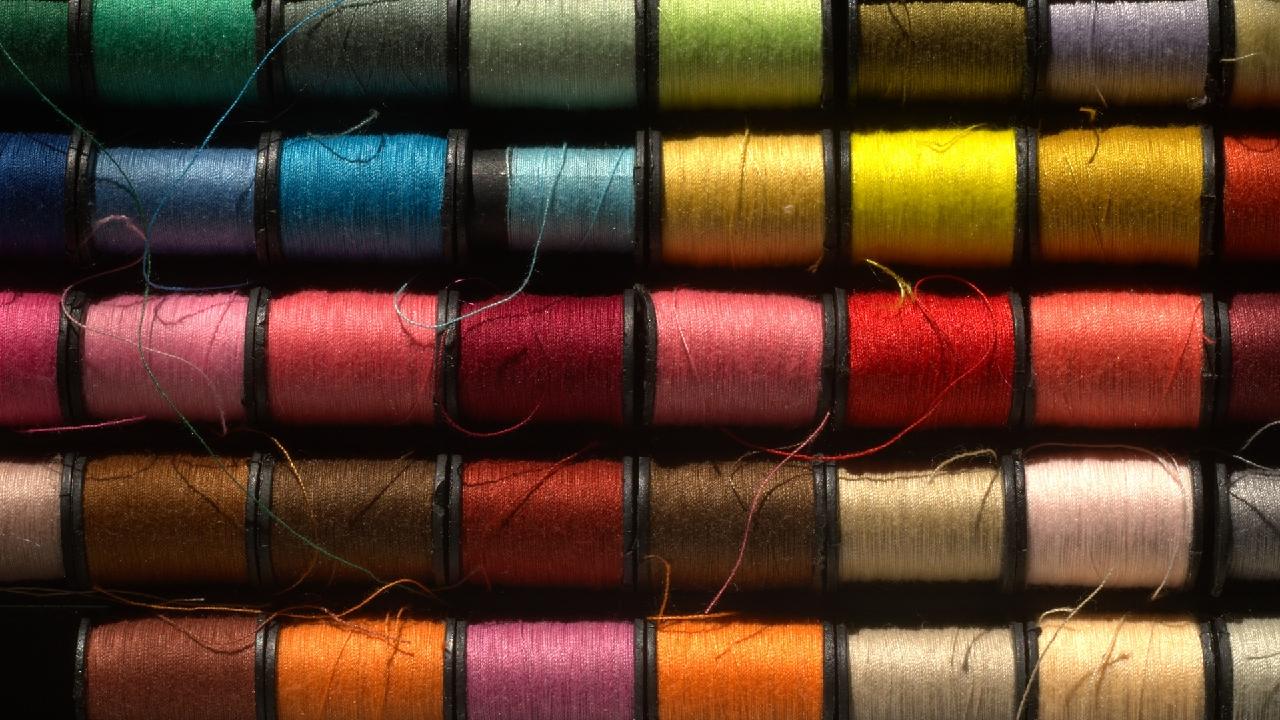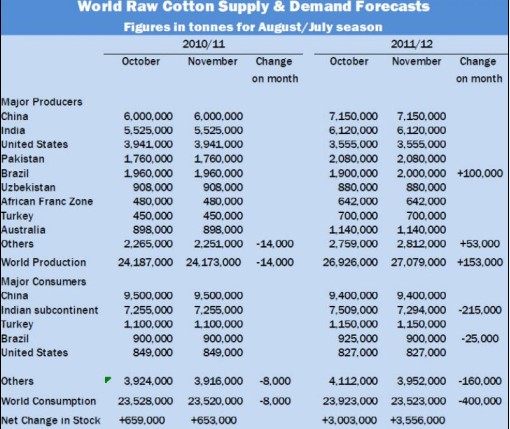|
Photo: APLocal shoppers take a look at clothing in a Burberry store on in Shanghai, China The world's biggest luxury brands have their eyes set on the Chinese consumer - a strategy that is reaping profits. In the next few months, the British fashion house Burberry will expand its retail space in China to capitalize on strong Chinese consumer demand for luxury products. Already, sales in China have contributed 4 percent to the company's 20 percent increase in global retail sales in the six months that ended in September. The company bought out its Chinese partners in July so it now directly operates 50 Burberry shops there. Stacey Cartwright, the company's chief financial officer, says sales in China would keep on rising. "Last year, it was sort of low- to mid-single digits as a percentage [of global sales]," Cartwright said. "Clearly as you transfer that from wholesale to retail, you can increase that significantly and we would expect also that the underlying organic growth in China would be higher than elsewhere around the world. It will be quite a significant percentage as you look through to 2012." China's rapid economic growth over the past two decades has made many urban residents rich, although the rest of the country is still largely poor. A Burberry woolen men's coat could cost around $1,400, while the minimum wage in Shanghai �� among the highest in China �� is only $168 a month. But the investment bank Credit Suisse says China's total household wealth may more than double to $35 trillion by 2015. Moreover, a strengthening yuan is boosting Chinese spending power, because it makes imports cheaper. In Paris, LVMH, which owns scores of luxury brands, such as Louis Vuitton and Hennessy, says its global sales in the third quarter jumped 24 percent, partly because of an expansion in China. The German fashion house Hugo Boss saw third quarter revenue rise 19 percent, also partly fueled by Chinese sales. It plans to open as many as 20 more stores this year in China. A recent study by the U.S. consulting firm McKinsey said that almost all high-income women surveyed in China increased spending on clothes more than the average Chinese consumer did; 81 percent spent more on shoes. Forty-five percent of Chinese consumers said shopping is their favorite leisure activity, compared with 25 percent in the United States and 17 percent in France. Here in Hong Kong, retailers saw a 30 percent surge in sales during the Chinese Golden Week holiday that started on October 1, when more than 600,000 mainland Chinese tourists flocked to the city. Many splurged on tax-free handbags, watches, clothes and other luxury items. Taking advantage of this trend, the upmarket British department store Harvey Nichols will open its second store in Hong Kong next year, while the Italian brand Prada is reportedly planning to list on the Hong Kong stock exchange.
VOA |
|
Chinese Demand Boosts Luxury Brand Profits
Updated: 2010-10-19 Source: VOA

Recommended News
Photo Gallery
Most Popular




